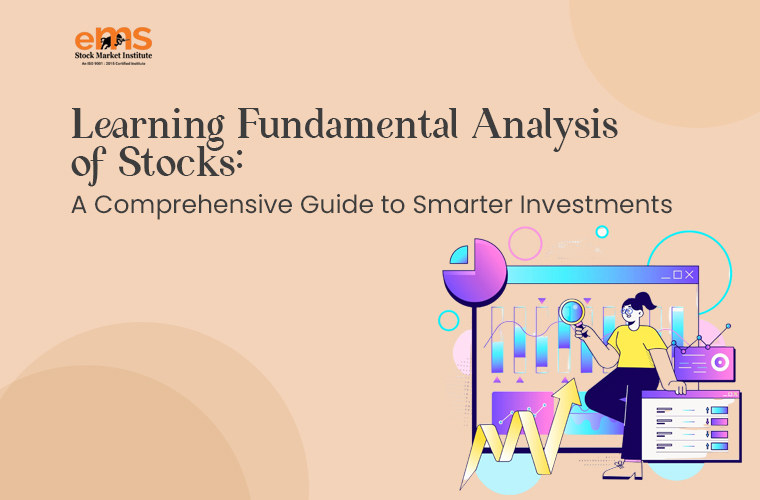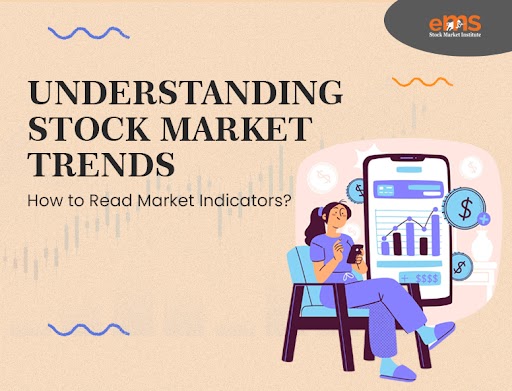India’s economy is growing like never before!
Of course, temporary ups and downs are deemed to be there. However, if you look at the macro picture, you will only see the economy soaring high confidently.
However, as an investor, we understand you want to know where you can invest in India’s burgeoning economy. Precisely, which sectors can you consider investing in?
While every sector has its growth story to tell, here are five sectors you can look at.
1. Information Technology
Given that technology drives everything today, IT forms a potentially perennial source of returns for investors – with its upheavals for sure!
The sector contributes to 7-8 percent of the country’s total GDP.
Besides, with so many new companies entering the landscape and many old ones expanding their base of offerings, IT and its potential would only grow.
2. Healthcare
Healthcare has emerged as one of the priority sectors for the Indian government.
The nearly 13 percent increase in budget allocation that the Union Health Ministry did for 2024-25 signifies the sector’s growing importance across the country’s economy.
Besides, the healthcare market that fared at USD 98-99 billion in 2023 is expected to grow at a healthy CAGR of 8-9 percent throughout this decade.
Moreover, new technological innovations across the AI sector will help enhance patient experiences and expedite the sector’s growth, making it a potentially lucrative investment option.
3. Renewable Energy
Sustainability isn’t merely a buzzword but a global commitment, with India playing a massive role in driving it. Accordingly, India has set a target for 450 GW of renewable energy capacity by the end of this decade.
Achieving this target will require more players to contribute. Many of them may go public to fetch investor money and deliver global projects successfully.
Besides, the government has many favorable policies that can help provide a conducive environment to the country’s renewable energy sector, fueling its growth.
4. Infrastructure
As you would have seen, the Indian government is on a spree of acquiring land to build highways, airports, expressways, waterways, ports, railway routes, etc.
From that, you can make out that infrastructure is another of India’s priorities.
Infrastructure sector stocks are long-term investments and offer benefits in the long run. Hence, investing in companies associated with infrastructural projects is something you may look forward to in the near future.
5. FMCG
The fast-paced FMCG sector is projected to achieve some spectacular figures. Estimates suggest they are expected to double this year from what they were in 2020!
This is because FMCG covers essential goods like food, dry goods, beverages, etc.
Hence, you can consider trading as well as long-term investing based on how the market is faring at the particular moment and the performance of companies.
Want to Become a Share Market Investor? Become a Confident One with eMS Stock Market Classes Near Pune!
We hope that the above helps you broaden your investment portfolio.
However, we recommend joining our share market classes, particularly if you are a novice who wants to learn how to make informed and confident investment decisions.
While covering a range of technical topics, our stock market classes in Pune also help you become a balanced and thoughtful trader or investor who makes educated choices. So, call us at +91 95618 61818 to explore more about our courses.

 +91 95618 61818
+91 95618 61818







